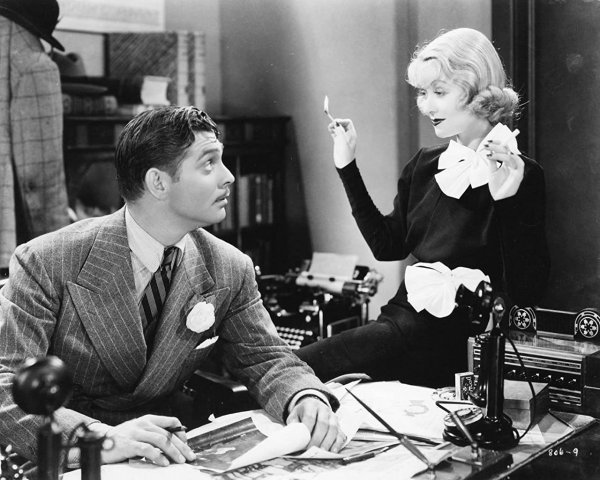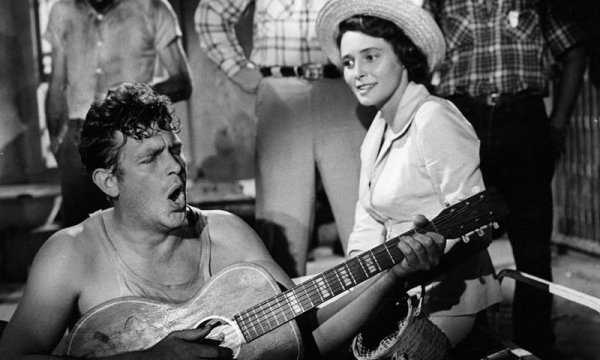MisterCairo
I'll Lock Up
- Messages
- 7,005
- Location
- Gads Hill, Ontario
Cairo Cavalcade of Hallowe'en Horror, with Frankenweenie, Tim Burton's full-length, black and white motion stop version, with Disney, of his short live action film from 1983 or so, at Disney, for which Disney fired him given the exorbitant cost!
A charming film we enjoy each Hallowe'en, though our eldest daughter traditionally cries when the dog is killed.
She did not this time round.
A charming film we enjoy each Hallowe'en, though our eldest daughter traditionally cries when the dog is killed.
She did not this time round.




